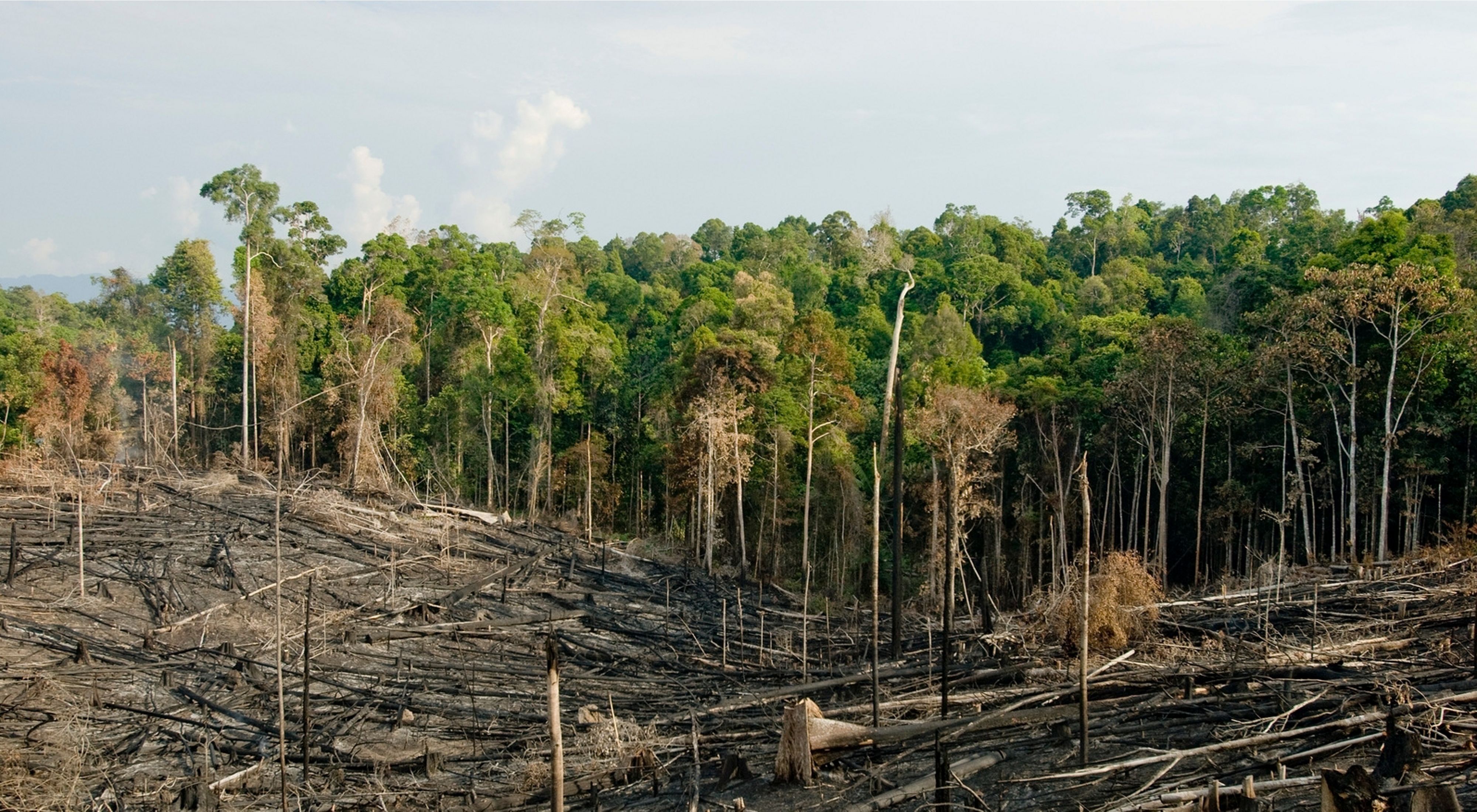Statement: The UK leads by example with the passing an amendment to curb funding of deforestation
Critical amendment extends due diligence requirements to financial institutions to ensure damaging deforestation practices are not financed further
Media Contacts
-
Barbara Kuznik
The Nature Conservancy (Europe)
Email: barbara.kuznik@tnc.org
Commenting on this positive outcome, The Nature Conservancy’s Matthew Sielski – Senior Policy Advisor on Deforestation and Trade – said:
"The Nature Conservancy (TNC) strongly welcomes the passing of Amendment 91 to Clause 65 to the Financial Services and Markets Bill in the House of Lords. This critical amendment extends due diligence requirements to financial institutions to ensure that damaging deforestation practices are not financed further. We are grateful to the House of Lords for demonstrating leadership and sending a clear message that that financing deforestation is no longer acceptable and that the UK, a centre of global finance, is ready to lead by example. We now call on MPs to carry the amendment forward when the FSM Bill returns to the House of Commons.
"An estimated $16.6 billion worth of UK finance has been linked to businesses implicated in deforestation between 2015 and 2020, and an estimated £300 billion of UK pension money is invested in high deforestation risk companies, according to Make My Money Matter. The proposed amendment, if passed by MPs, will significantly mitigate this cashflow moving forward. This is an opportunity for large financial cooperations not only to stop financing forest destruction, but to redirect these investments into sustainable practices that can help key agricultural producers transition away from land conversion.
"The impact of this regulatory amendment would also be felt globally. The need to address agricultural driven deforestation is urgent. The UK taking a leadership role in requiring financial institutions to conduct due diligence on their supply chains will set a blueprint for others to follow. We hope that this will send an encouraging message to other large consumer markets for forest commodities, who can use similar diligence models to meaningfully address deforestation.
"While this is an excellent step in the right direction, other challenges remain. Agricultural driven land-conversion goes beyond forests and affects other ecosystems such as savannas, peatlands, and wetlands, rich in biodiversity and carbon storage potential. Consequently, mixed biomes such as the Brazilian Cerrado, which are currently experiencing high levels of agricultural land conversion, do not have the same level of protection and are exposed to further destruction without adequate global support. We therefore urge the UK to utilise the momentum of this latest milestone and include other ecosystems within the scope of due diligence requirements as soon as possible."
The Nature Conservancy is a global conservation organization dedicated to conserving the lands and waters on which all life depends. Guided by science, we create innovative, on-the-ground solutions to our world’s toughest challenges so that nature and people can thrive together. We are tackling climate change, conserving lands, waters and oceans at an unprecedented scale, providing food and water sustainably and helping make cities more sustainable. The Nature Conservancy is working to make a lasting difference around the world in 81 countries and territories (40 by direct conservation impact and 41 through partners) through a collaborative approach that engages local communities, governments, the private sector, and other partners. To learn more, visit nature.org or follow @nature_press on X.
